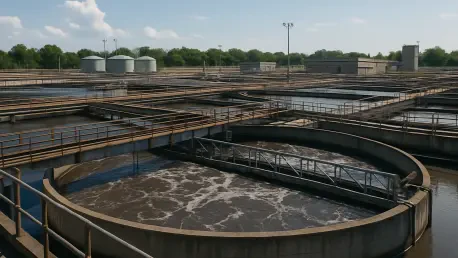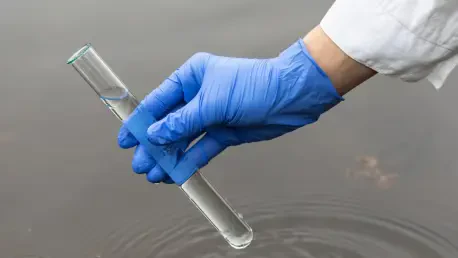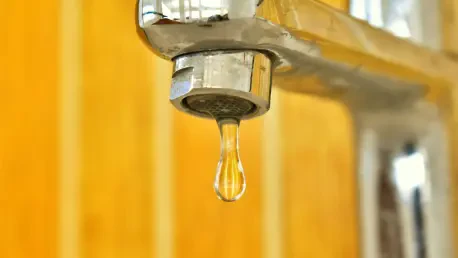
Lake Mead, the largest reservoir in the United States, is at the brink of a critical transformation as projections indicate an impending significant decrease in its water levels. Fueled primarily by the Colorado River, which serves as a vital water source for several western states, Lake Mead faces

Amid rising demands for innovative solutions in environmental engineering, researchers are venturing into plant-based technologies as a promising approach for wastewater treatment. A graduate student in environmental engineering, Nura Tung, spearheads groundbreaking research into Mobile Organic

Underground water leaks present a significant challenge for water utilities. They can lead to substantial water loss, increased operational costs, and regulatory penalties. Southern Water has been under scrutiny for its water wastage issue and aims to reduce leakage by 32% by 2030 as mandated by

Colorado's water rights are at the heart of an ongoing confrontation between Front Range water providers and the Western Slope. The key focus is on the Shoshone Power Plant's water rights due to their historical significance and substantial size. The Colorado River District is accountable for

In a landmark decision amidst a challenging political climate, Alabama's environmental groups have achieved a significant victory by successfully advocating for updates to the state's water toxicity standards. This development represents an important step in addressing prevalent water contamination

The Environmental Protection Agency (EPA) is implementing significant changes to PFAS regulations, affecting water utilities and public health nationwide, notably in Florida. PFAS, a group of long-lasting manufactured chemicals, are used for their resistance to water, grease, and stains. They have